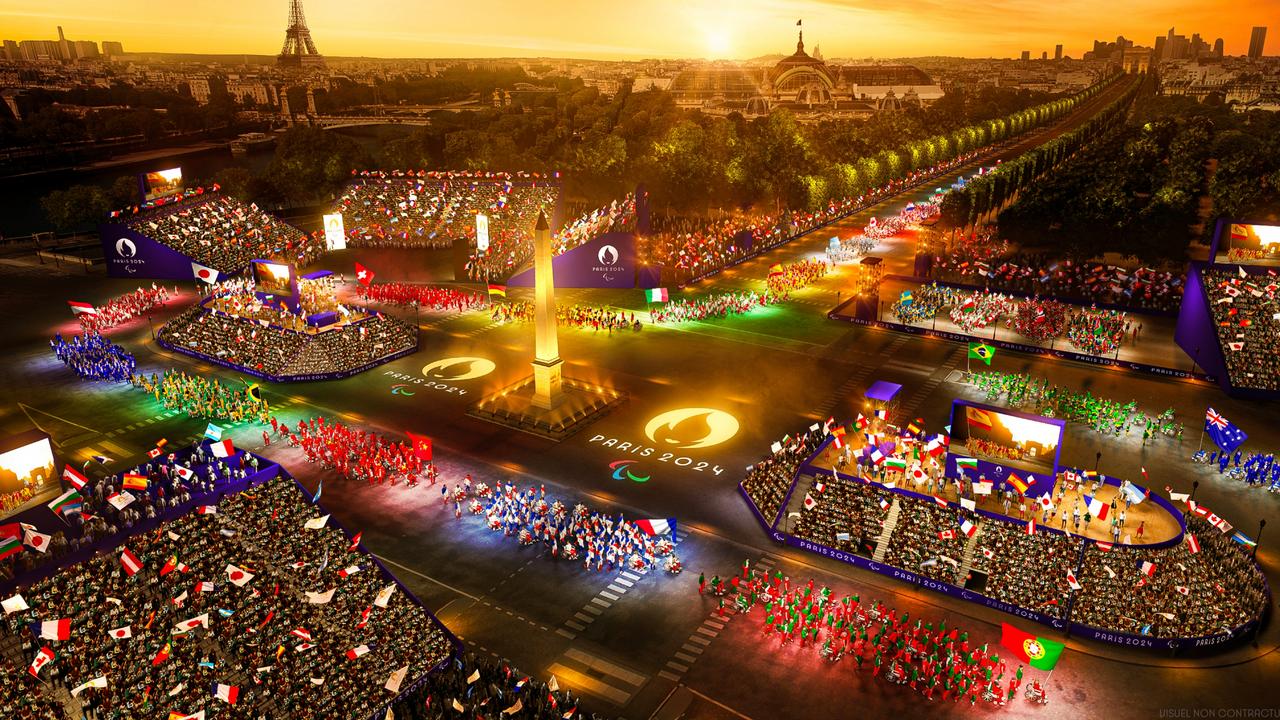Olympics Part 5: Medals go green at the Tokyo Games
PART 5: The Tokyo Games are the first where the gold, silver and bronze medals are also green, having been made entirely from recycled metals
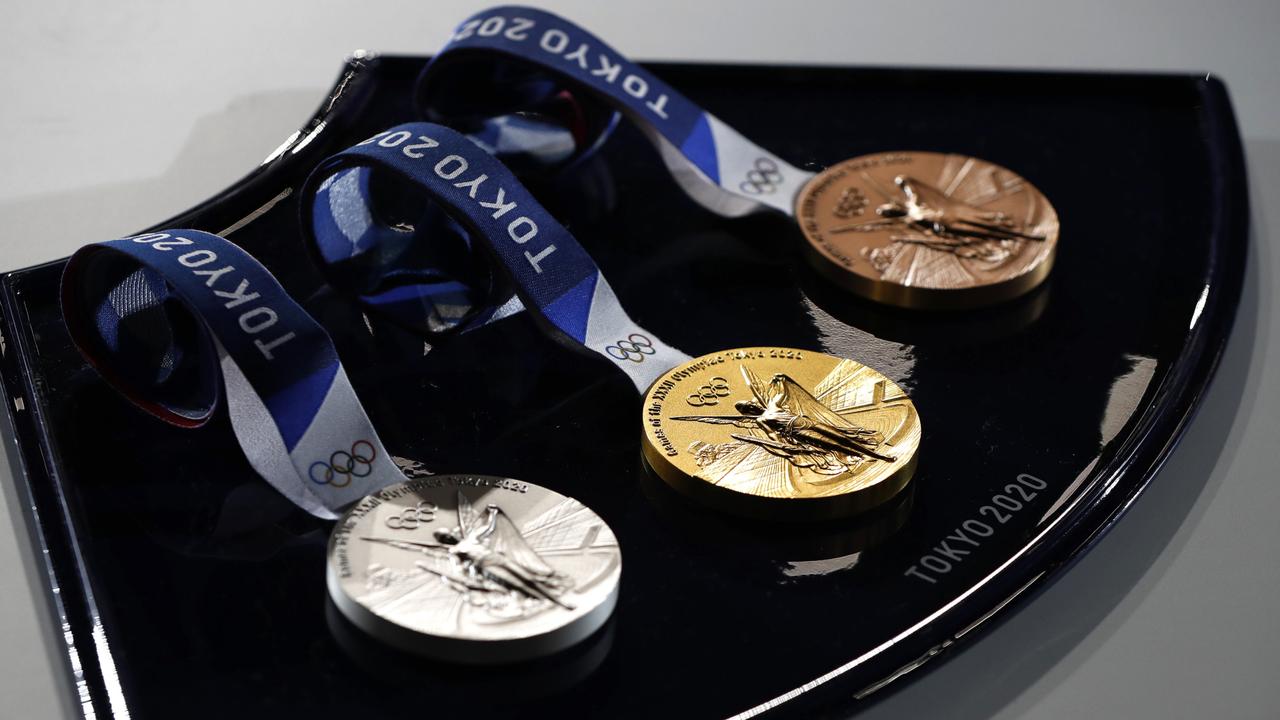
READING LEVEL: GREEN
Olympic athletes are rewarded for their sporting prowess* with gold, silver and bronze medals.
Gold is given to the person who comes first, silver to the second, and bronze to the third.
Winning a medal is not only a hugely exciting moment for the athlete, but also for people living in the athlete’s country – people at home watching the Games feel very proud!
The medals are all extremely difficult to win but, of course, the gold is the most difficult. Winning a gold medal means you are the very best in your sport in the world at that time.
An athlete who wins a gold medal often becomes a superstar and role model for people in their own country. Sometimes, when they win lots of medals, they become a celebrity across the world, such as American swimmer Michael Phelps and Jamaican sprinter Usain Bolt.
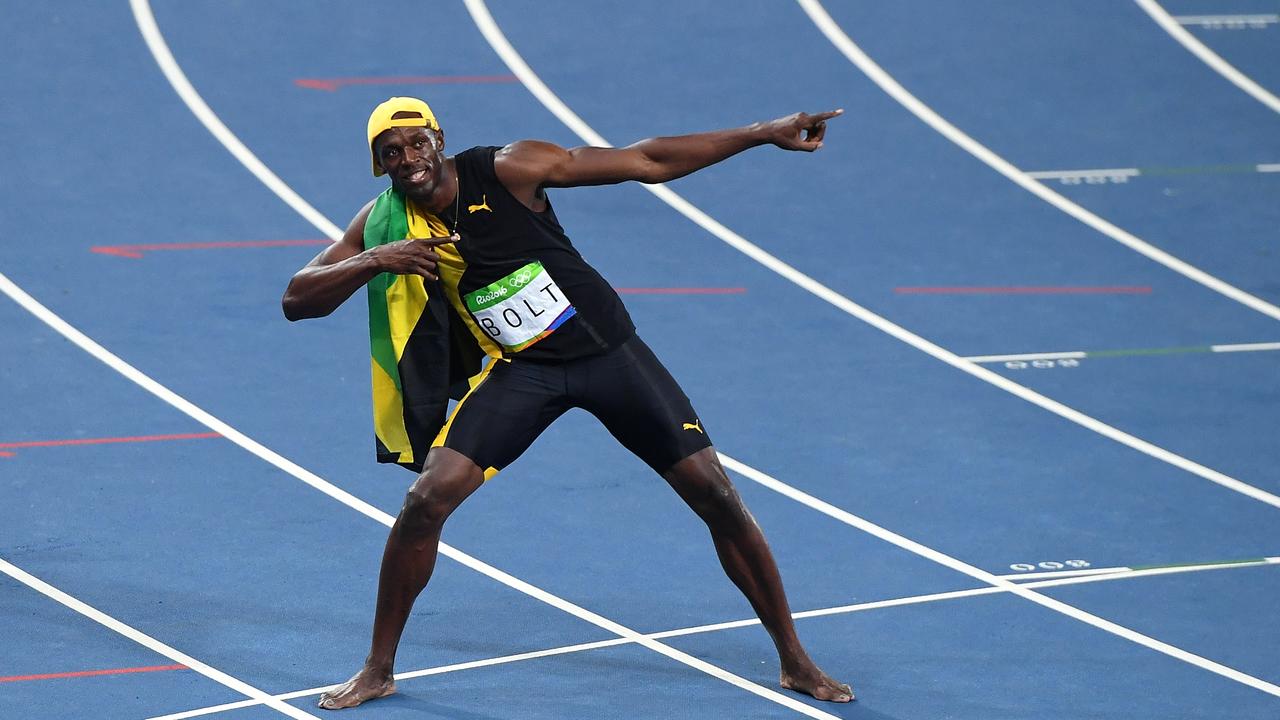
THE MEDAL CEREMONY
To receive their medals, athletes step on to a podium.
The winner takes the centre spot, on the highest step, flanked by the athletes who came second and third on the lower steps.
The medals hang from ribbons, which are placed around the athletes’ necks.
The national flags of the three winners are hoisted* and the national anthem of the Olympic champion is played. For many people watching, this is a very moving ceremony.
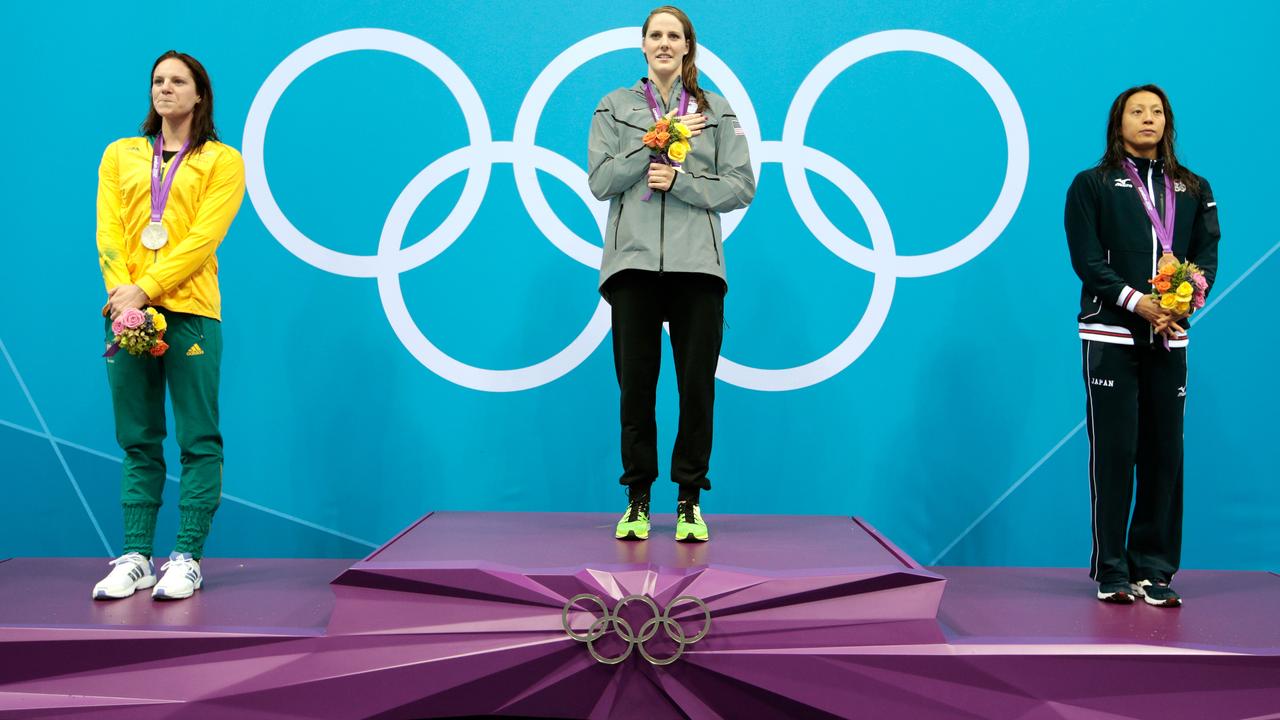
DID YOU KNOW?
The first eight competitors in each Olympic event receive a diploma* and have their names read out. Only the first three also receive a medal.
WAY BACK WHEN
Olympic athletes haven’t always won medals.
At the ancient Olympics and other Panhellenic (all-Greek) Games, winners were given wreaths of leaves to wear around their head.
It wasn’t until the first modern Games in Athens in 1896 that winners were handed medals. Winners were given silver medals and runners-up were given bronze medals. No gold medals were handed out.
In 1904, at the St Louis Summer Games in the US, gold, silver and bronze medals were given for the first time.
Over the years, the picture designs on the medals have changed, although they were very similar from 1928 to 2000.
The medals for the Summer Games must meet rules set by the International Olympic Committee, which is the organisation that oversees the Games. The medals for the Winter Games are allowed to be more creative.
The gold medals are not actually solid gold! They are made from pure silver but must also have at least 6g of gold plating.
The silver medals are pure silver. The bronze medals are red brass (which is mostly copper).
TOKYO MEDALS
The 5000 medals of the postponed Tokyo 2020 Summer Games and Paralympics are the first in Olympics history to be entirely created from recycled metals.
The medals have been made from more than six million old mobile phones, plus old digital cameras, laptops and handheld games, all donated by the Japanese people.
Many electronics contain precious metals like gold, silver and copper – the same metals needed to make the medals.
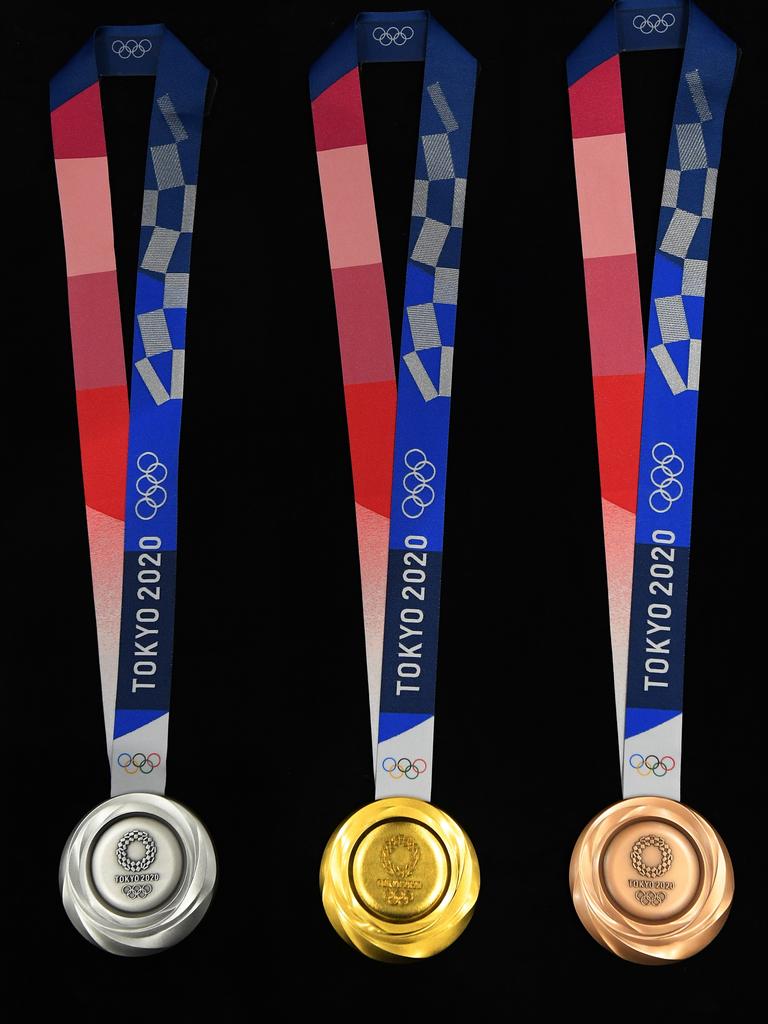
One side of the Tokyo Summer Games medal shows Nike, the Ancient Greek goddess of victory, in front of Athens’ Panathinaikos Stadium, with the Acropolis in the background.
The other side depicts the chequered circle of the Games emblem and the famous five Olympic rings.
For the Paralympics, the medals include the image of a traditional Japanese hand fan on both sides.
The Paralympics medals have indents on their sides (one for gold, two for silver and three for bronze), and Tokyo 2020 spelled out in braille*, which allows athletes with a visual impairment to identify the medals by touch.
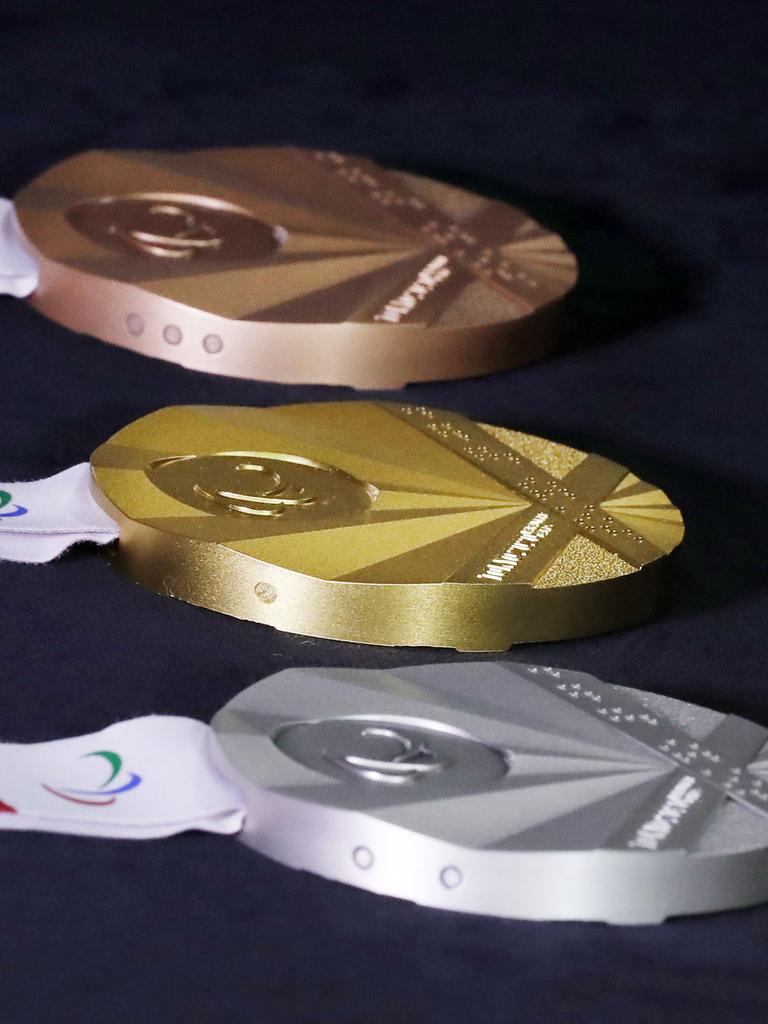
WHO HAS WON THE MOST OLYMPIC MEDALS?
American swimmer Michael Phelps has won the most Olympic medals in history.
He won 28 medals at four Summer Games (Athens in 2004, Beijing in 2008, London in 2012 and Rio in 2015).
His tally* is 23 gold medals, which is the most Olympic gold medals anyone has ever won, plus three silver and two bronze.
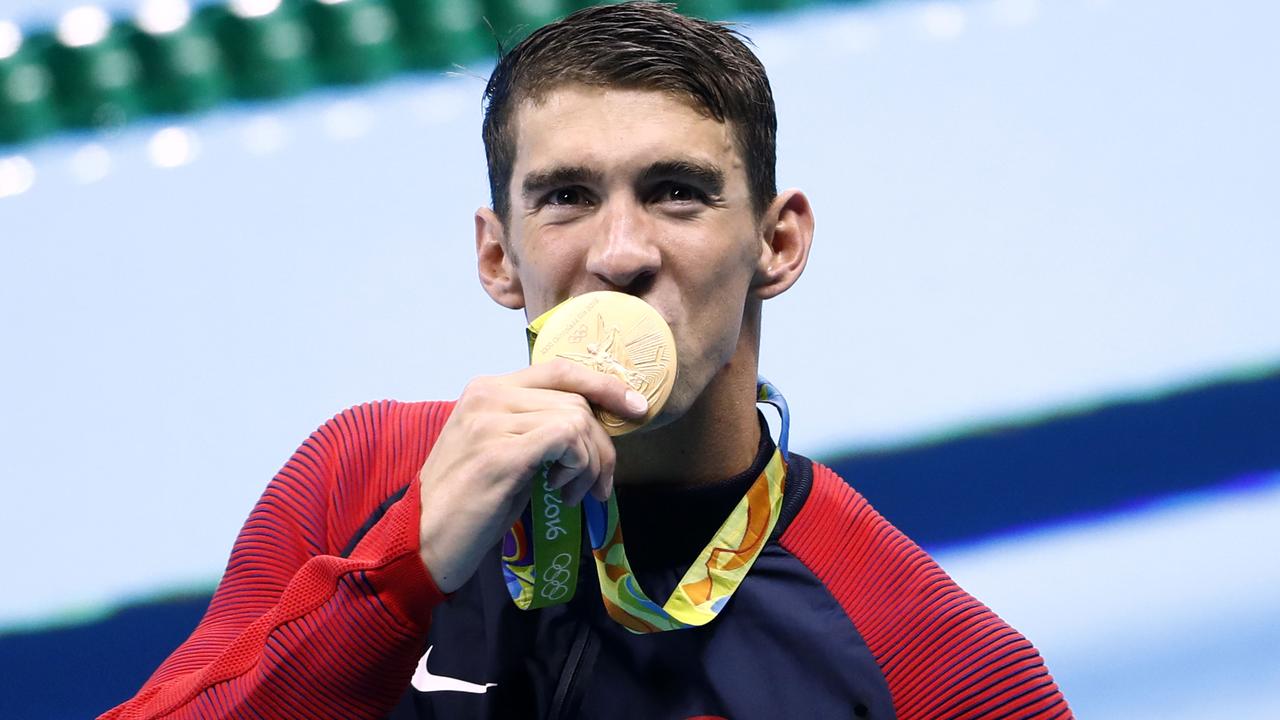
GLOSSARY
- prowess: skill or expertise
- hoisted: raised using ropes and pulleys
- diploma: a paper certificate
- braille:a form of written language for blind people, using patterns of raised dots that are felt with the fingertips
- tally: score or amount
EXTRA READING
Meet mascots Miraitowa and Someity
Olympics host nation in profile – hello, Japan!
Celebrating Australia’s Olympic heroes
The sports set to light up Tokyo
QUICK QUIZ
- What colour medals were given to winners at the first modern Games in Athens in 1896?
- What year and what Games were gold medals first given?
- What will the medals at the Tokyo Games be made of for the very first time?
- Who has won the most medals in Olympic history?
- What sport does this athlete compete in?
LISTEN TO THIS STORY
CLASSROOM ACTIVITIES
Refer to the accompanying Olympics Education Kit classroom workbook with 25 activities. It’s FREE when teachers subscribe to the Kids News newsletter.

